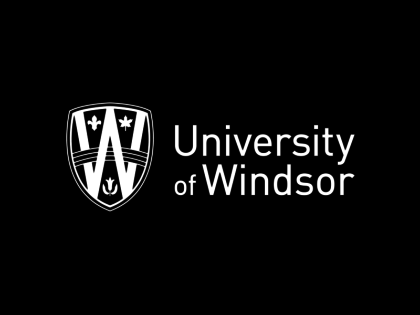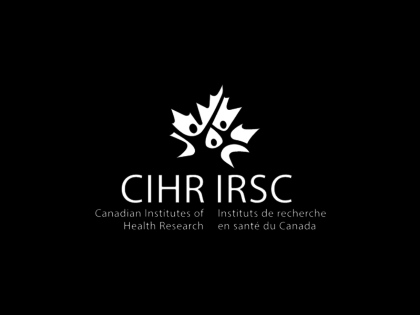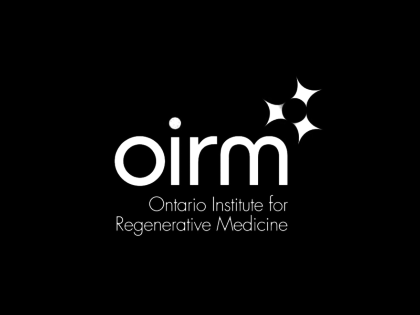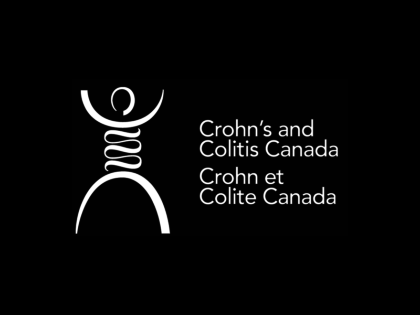

The body is intimately connected to environmental factors, and resolving these connections is an important challenge for physiology and medicine. The intestine is an organ under constant environmental stress, not only due to food and chemical intake and the harsh process of digestion, but also because animals ingest harmful pathogens and harbour a vast microbiome. The intestine provides a barrier between a dangerous environment and our body, that simultaneously must absorb nutrients needed for survival. The intestinal epithelium is critical and has evolved to regenerate very effectively.
The intestine has an incredibly high turnover of cells, perhaps the fastest of any tissue in the body. Intestinal cells are constantly replaced throughout the lifetime of all animals. Following injury, the intestine transitions from a state of steady cell turnover into a state of acute regeneration, where damaged cells are replaced very quickly. This incredible capacity for cell production is driven by stem cells which divide to make all intestinal epithelial cells.
This system provides a rich and fascinating area of research. A relatively unexplored area is how intestinal tissue regeneration is timed. What timing underlies the production of intestinal cells from stem cells? How are these processes connected to feeding, injury, and physiology? Circadian rhythms are 24 hour cycles that daily occur throughout the body, including the cells of the intestine. We have shown that regeneration and stem cells have circadian rhythms that coordinate regeneration with other daily events.
Circadian rhythms are fundamental feature of living organisms, and they are driven by a genetic pacemaker called the circadian clock. This clock is set by day/night cycles, normally caused by the 24 hour rotation of planet Earth, that aligns the body to cycles of environmental change. Our modern society increasingly puts pressure on this system: frequent shift-work and travel across time-zones, late-night snacking and light from our electronic devices before we sleep, and constant changes to our schedules every weekday to weekend. These affect the physiology of the intestine and can lead to disease. Our research studies the intestine as a basic model of how daily environmental cues are propagated in regeneration, and raises important questions pertinent to society and healthcare. This work merges chronobiology, physiology, and stem cell biology.







